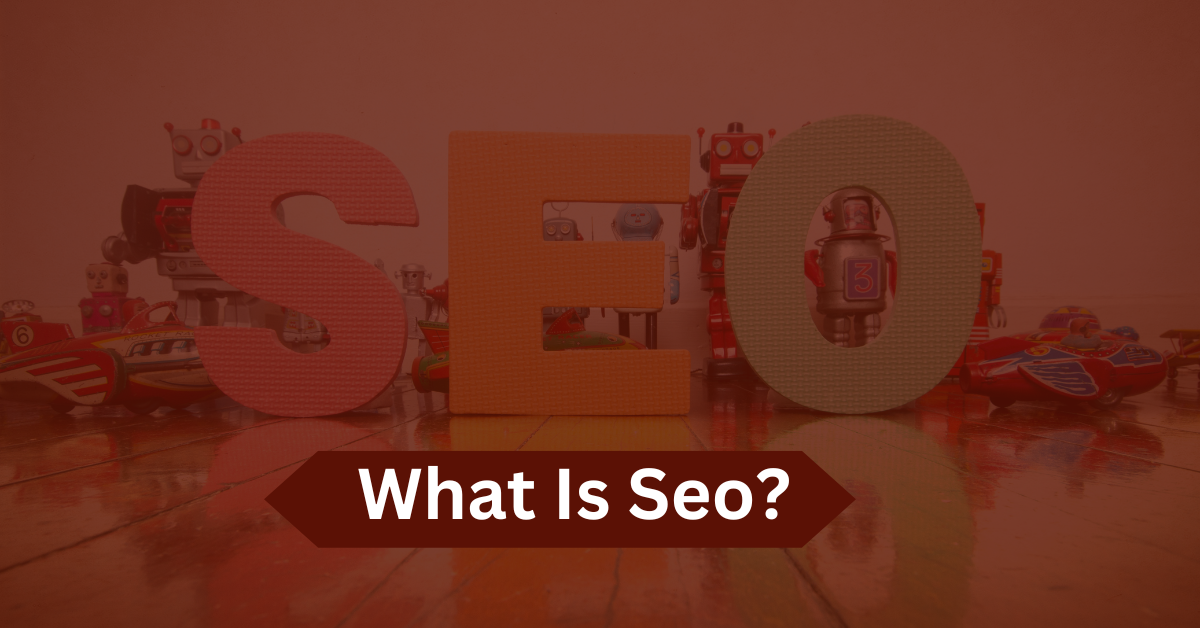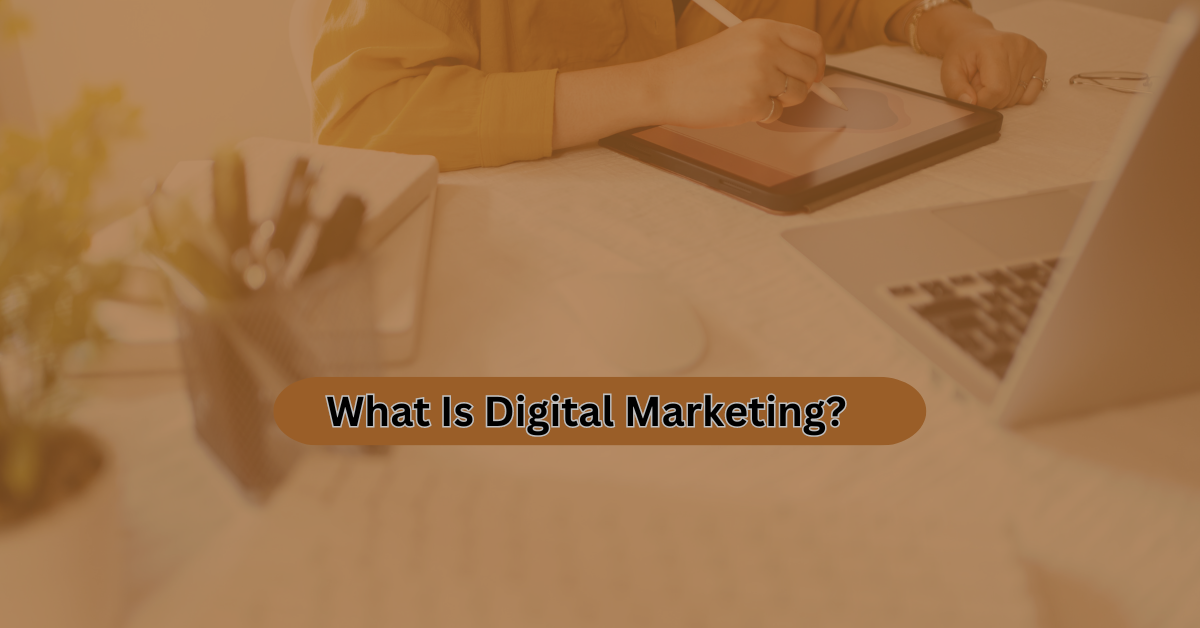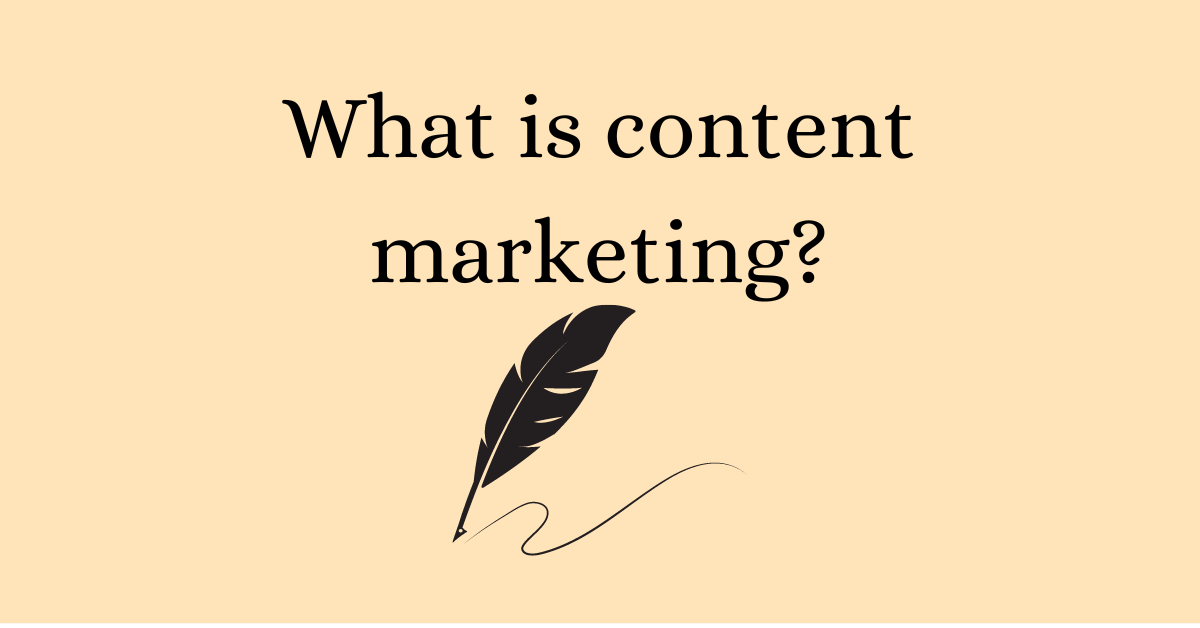
What’s the deal? Search Engine Marketing (SEM)?
Also regarded as search engine marketing or SEM or paid-search, it is a digital marketing strategy employed by advertisers to elevate the visibility of their websites and/or products on wide audiences through SERPs. To define SEM strategies and guidelines, let us take a look at how it started. The arrival of the internet gave way for advertisers to use SERP as part of advertising campaigns when Google and other search engines emerged. This was during the time OpenText Corporation introduced the first ever pay-per-click (PPC) ads which were initial form of SEO though not stated officially until 2001 1. However, up until 2001 this type of marketing had no official name. 2 In fact, it was Danny Sullivan – journalist and technologist who coined this term in an article he wrote for his magazine called search engine marketing. 3
The invention of this term played a key role in the establishment of SEM as a distinct marketing business but here’s one that’ll blow your mind. With advancement in technology that allows users to surf the web and post on social media with ease as well as find new services and products, Google could search for websites and other web pages. As time advanced, SEM gained popularity among advertisers. It’s now an estimated multibillion-dollar industry.4 Here’s some facts you need to know about SEM.
Why is SEM important?
SEM enables organizations to boost recognition. Consequently, where advertiser’s ads appear or rank in search results and the more likely it means the ads are seen by people. Ranking above SERPs can inspire brand awareness, consideration and confidence.
Additionally, through search engine result pages, SEM can serve as a good approach to increase traffic to their websites, landing pages and even product pages too. In this case, SEM purposes at increasing web site visibility through different tactics and strategies that will attract more views from the audience. Online marketers may also employ pay-per-click, context advertisements plus organic search rankings to improve their website visibility.
In terms of paid advertising on the other hand SEM can offer superior click-through rates (CTR) and higher conversion rates than all other methods of passive marketing. Moreover its PPC technique facilitates easy customization of campaigns where they can be focused on specific key words hence connecting them with their target customers.
8 Most Important Types of Keywords for SEO
How does SEO differ from SEM?
Search engine optimization (SEO) is a term you may have heard of. It’s an important marketing technique that helps brands to reach out to consumers. Increase web traffic and expand the size of your business revenues.
The major difference between SEO and SEM is that while SEM uses paid approaches in order to appear on SERPs, PPC employs organic techniques in order to become visible on search results. By using paid strategies, SEM ensures high ranking in SERPs by boosting visibility of search results so as to direct traffic towards a site or particular pages. Creation and optimization of ads and budget establishment for advertisement locations are examples.
What is the procedure of SEM? Search engine marketing-as-it-is-employed?
SEO is a type of internet-based advertising that guarantees. The products or services of your business appear on search engine result pages (SERPs) via paid advertisements. It allows your company to appear as one of the search results when a person types in a specific word or phrase. Impression payment by advertisers may lead to visitors on your site and landings pages. Even social media sites as well as for your goods.
Simply put, they are participating in an auction to be the top ranked advertiser for a given keyword on SERPs.
Keywords and Account Structure
As mentioned earlier, search engine providers are usually used in executing paid search strategies. These are the entities that do keyword research. Create campaigns for specific keywords that match your business, products or services. When those key words are searched by people, they may find sponsored items on the first or last page of SERPs. If visitors click on such ads, the company will be charged with per-click basis every time a user clicks on an ad. This is popularly called cost-per-click or pay-per click advertising..
How is the SEM strategy formulated?
Because This Is a Beginner’s Guide to Understand Basic SEM and how best to use it in your business, we have suggested seven simple steps for creating an SEM strategy:
Step 1: Clearly define goals What actions do you want people to take after seeing your ad at the top of SERP? Should they purchase something or should they just download an app? Are there any KPIs or benchmarks for this campaign? In essence, understanding what you want customers to do once they reach your website. product will help you achieve your SEM objectives.
Step 2: Look at what others are doing first. Some basic research should be done before you make your bids. You must assess the search engine landscape in your niche. Discover which ads rank highly for the keywords you are aiming at within your niche. This process will help you to develop your own strategies and tactics.
Step 3: Choose a PPC search engine Different search engines have different worths on one hand some have more searches. But high PPC rates may be expensive while others have less searches but low PPC rates are affordable so choose that is suitable for you.
👉👉 What Effect Does Seo Get From Social Media?
Step 4: These are the words you need to look for Contextual keywords must be carefully selected during a PPC campaign in order to achieve good results. The basic scope of your objectives will help you decide on what kind of keywords you should use. Find out the keyword strategy.
Step 5: Specify a budget Search engine marketing may be very expensive. Learn more about and set limits for advertising before spending any money. Occasionally, businesses will talk to pay per click agencies to get information on search engine marketing budgets.
Step 6: Think through your own ideas Good advertisements can draw attention. Think over what makes your brand different by considering the words and images used in your adverts.
Step 7: Experiment and invent SEM is not always instantly successful. Sometimes it takes months for it bearing fruit. Check how effective is your SEM strategy. Reconsider about your key words or change your budget if you do not have any success.
What Is Search Engine Marketing? | SEM | Search Engine Marketing
The development of a good SEM strategy is one way in which you can increase traffic to your site from wherever consumers are and thus sell more of your products. Moreover, by means of Sponsored Products on Amazon Ads. There is a possibility that these may increase sales. For your items through ads that appear on related results for shopping. Product page pages on Amazon. With a broad geography, help people buy what they need from you at different places.
FAQs
What does SEM exactly stand for?
SEM is abbreviated as search engine marketing.
How is SEM different from SEO?
Search engine marketing (SEM) involves paid advertisements on search engines, whereas search engine optimization focuses on organic strategies to increase search engine ranking.
Can small companies benefit from SEM?
It is a fact that SEM offers an efficient way of advertising for small businesses which improves their visibility and helps them to specifically target traffic towards the website.
How can I measure the outcomes in my SEM campaigns?
Some of the metrics used to evaluate whether a campaign is successful include click through rates, conversion rates, ROI, etc.
Can I use SEM to target specific groups of people?
That it permits you to focus on particular groups of people according to their demographics, interests and behaviors while online might be considered true about SEM.
Is there instant results by using my Search Engine Marketing (SEM)?
While it may yield immediate results, giving time for optimizing campaigns can be necessary before significant returns are seen through investments into this field.
Are there any risks involved with doing an SEM Campaign?
Some possible risks may include overspending on ads or not targeting the right audience or failing to optimize your campaigns well enough..

I have been in the SEO industry for more than 9 years, with skills and attitude that are geared towards improving the online presence of your website on search engines such as Google and Bing. Currently, I am Margaret Dalton digital working as a Lead Analyst in a Fortune 50 company, and at the same time, I was working as a successful SEO Freelancer to help websites of any sizes to get on top of the search engines.





![[Mobile Friendly Websites]- Google won’t index it [Mobile Friendly Websites]- Google won’t index it](https://margaretdaltondigital.com/wp-content/uploads/2024/06/a-thought-provoking-illustration-of-a-disconnected-ld-npdBsRsS9uUA0GWq20A-vITQ5eeQS7us3mq9feZA1w-150x150.jpeg)